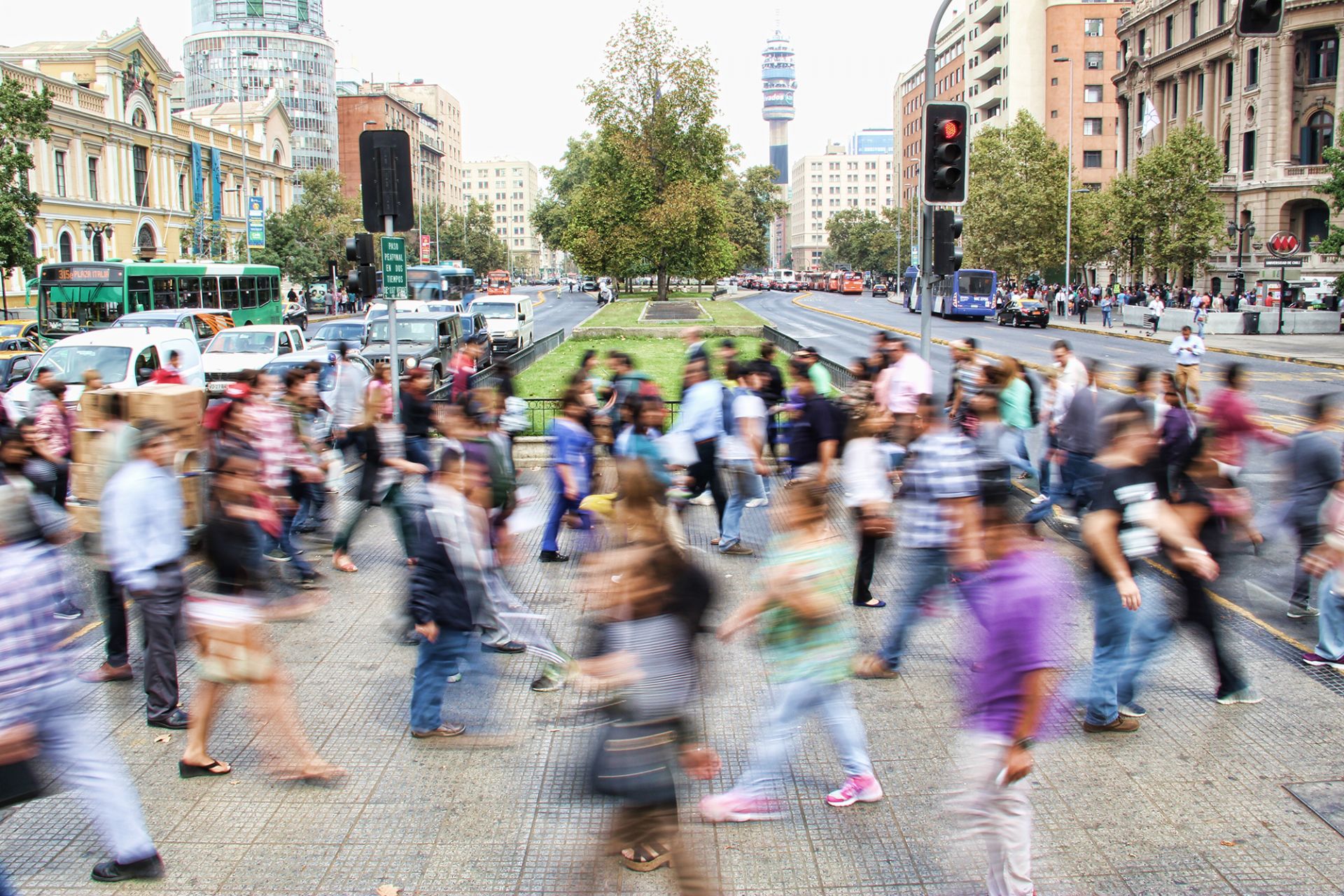Story
July 23, 2018
Low-tech solutions to smart city challenges: Addressing social isolation in our cities

Evergreen
Despite evidence that getting involved in community activities benefits us personally, many of us are retreating from civic life. We vote less, give less, volunteer less and join less.
A recent Statistics Canada report highlighted that social isolation is a growing challenge with real economic impacts. Social isolation is even linked to higher rates of mortality – about the equivalent of smoking 15 cigarettes a day.
It’s no surprise communities across the country are looking for solutions. Thirty-one per cent of applicants to the Smart Cities Challenge identified they wanted to do more to make their community members feel empowered and included in society.
The Smart Cities Challenge, a Government of Canada initiative, is a Pan-Canadian competition open to communities of all sizes, including municipalities, regional governments and Indigenous communities. The Challenge encourages communities to adopt a smart cities approach to improve the lives of their residents through innovation, data and connected technology.
Communities of all sizes proposed smart solutions to social inclusion, from the Town of Cochrane Alberta to Mashteuiatsh First Nations in Quebec and Fredericton and St. Mary First Nation in New Brunswick, a Challenge finalist.
Solutions include leveraging digital access and connectivity to increase the availability and accessibility of mental health resources, and using data to help identify priorities and provide integrated, community-based engagement and health support.
While data and digital tools are helpful for identifying priority areas and measuring outcomes, Vancouver has proven that some actions to combat social isolation can be undertaken with minimal upfront investment.
Some of the low-tech recommendations Vancouver is implementing to address isolation include:
– Piloting a neighbourhood liaison position to assist neighbourhoods with a high proportion of newcomers and new immigrants
– Expanding and improving the distribution of notification mailouts
– Supporting Community and Cultural Spaces
These actions were born out of the actions of the Engaged City Taskforce.
In 2012, the Vancouver Foundation launched a study into citizen engagement and found social isolation to be a growing problem. This report prompted the City of Vancouver to create the Taskforce. Chaired by Mayor Gregor Robertson, the group was comprised of 22 residents from a diversity of backgrounds and ages, living in neighbourhoods across Vancouver.
Their mandate: to increase Vancouverites’ sense of belonging and inclusion, deepen their electoral engagement, and address frustration by residents and stakeholders regarding access to municipal decision making.
Through a series of community consultations, the taskforce identified four themes as the building blocks of an Engaged City. These were the need to: build knowledge, build capacity, build trust and build power. From there, the taskforce developed 19 Priority Actions for the City, six Recommended Ideas for the Community, and agreed on a set of metrics to measure progress.
Read through Vancouver’s final report for more on these recommendations and how they could work in your community.
To learn more about the Smart Cities Challenge finalists and their proposed projects visit the Government’s website.